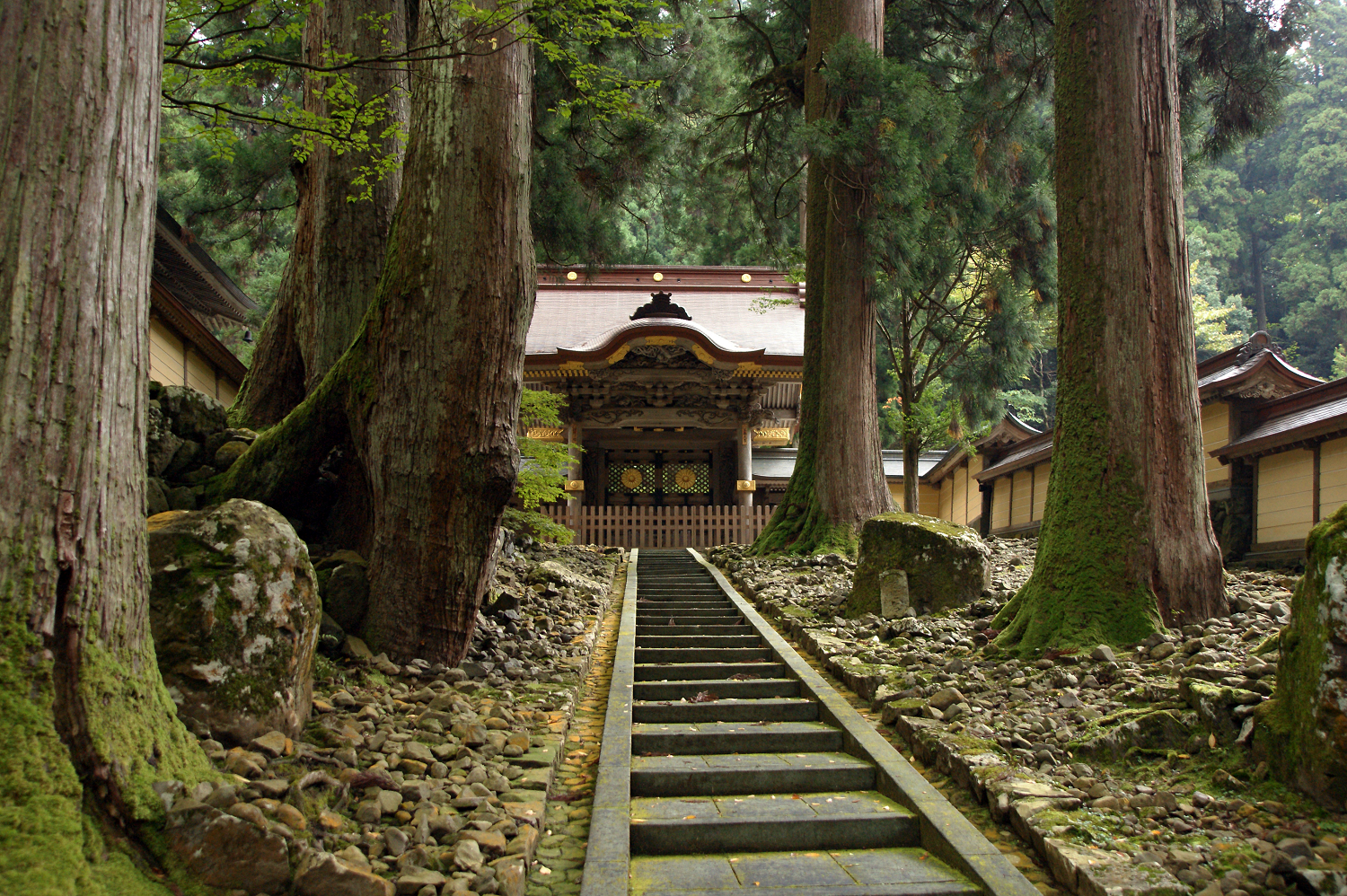
What is Zen?
Zen is a response to the human condition, offering a way of life and practice that addresses the roots of stress and suffering. As a tradition under the umbrella of Buddhism, Zen locates the source of suffering in ignorance or mis-knowledge: we think of ourselves as isolated, independent beings, rather than recognizing our interdependence with other beings and our environment. Zen is a practice for restoring our sense of connectedness; a method for bringing ease to stressful situations by realizing interdependence.
The Japanese word Zen means “meditation” or “meditative introspection.” Intellectual understanding alone does not reach the root of our discontent. A deeper, calmer aspect of being must be accessed to cut through to the source of suffering. We practice meditation to access this deeper, calmer sense of being, for the sake of ourselves and for others.
What kind of meditation is practiced at Valley Streams Zen?
We practice Shikantaza, which means “just sitting.” This is a “stripped down” form of meditation, in which one simply focuses on one’s being and posture while sitting upright, either in a crossed legged or kneeling position, or in a chair. If it is physically possible, this sitting benefits from relying on one’s own back muscles for support. The mental focus is simply to be aware of the rising and passing of all thoughts and feelings. Gradually this awareness allows us to realize stillness and spaciousness of mind.
A more generic name for Zen meditation is zazen, which simple means “seated meditation.” In traditional Soto Zen temples, monks and lay people sit zazen on a raised platform facing the wall. Valley Streams’ meditation hall does not have a raised platform, but we do sit facing outward, toward the wall, rather than towards the center of the room. Our sitting periods range in length from 25-35 minutes.
What is Kinhin?
Kinhin is walking meditation. In retreats, which feature a number of meditation sessions, the seated zazen periods are interspersed with periods of kinhin. Periods of kinhin are usually 10 minutes long.
Would I need to already have a meditation practice to come?
No. We offer a free introduction to meditation session on the second Monday of every month, which is an excellent way to begin your practice. It’s important to keep in mind that everyone’s meditation practice evolves over time, so there is no such thing as being “too new.”
What attitudes for this practice would be helpful?
Being new to Zen is a good thing! Even those who have been practicing for decades strive to maintain a “beginner’s mind” – that is, a mind that is open to all possibilities.
Being nonjudgmental of yourself and your practice is encouraged. Letting go of preconceived notions and accepting whatever arises in your practice – and life – is the essence of Zen.
What will I gain from this practice?
When the Buddha was asked “What have you gained from meditation?” He replied: “Nothing. However, let me tell you what I lost: anger, anxiety, depression, insecurity, fear of old age and death.”
It is said that we are all subject to the afflictions of greed, anger, and delusion (not seeing reality for what it is). Through a regular meditation practice sustained over time, we can let go of the thoughts and attitudes that feed these three hindrances.
An important aspect of Soto Zen is the emphasis in making our practice an integral part of our daily lives. One ancient master summed up the Buddha’s teachings as “An appropriate response.” That is, an appropriate response to the inevitable stress of life, such that we are able to meet the circumstances we face with a calm heart and mind.
How can I learn more about practicing with you?
Attending our beginning meditation on the second Monday of every month is a great way to get started. Or simply dive in by participating in our practice on Monday nights and/or Thursday mornings. Adding a regular home practice will put you on the same path as the most seasoned practitioner.
Zen, and Buddhism in general, delve into ethics, psychology, and most importantly, provide useful lessons for everyday living. Zen teachings have developed in different cultures over millennia, and as we say, are boundless. A good book for newcomers is What is Zen? by Norman Fischer and Susan Moon. And of course, we always recommend the classic, Zen Mind, Beginners Mind by Shunryu Suzuki roshi.
We offer a longer reading list under the Online Resources section of our website.
For a more in-depth on-line primer on Sōtō Zen and its core texts, please refer to the Minnesota Zen Center website: https://www.mnzencenter.org/primers.html